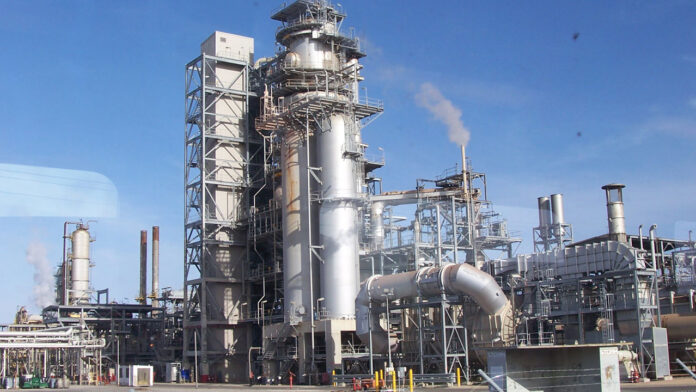Tinubu’s Govt Eyes Refinery Sale As Part Of Economic Reforms
Nigeria’s Federal Government is considering selling off its state-owned refineries in a major shake-up aimed at attracting investors, boosting competition, and driving efficiency across the oil sector.
The country’s four refineries — in Port Harcourt, Warri, and Kaduna — have a combined installed capacity of 445,000 barrels per day but have been largely idle for decades, despite billions of dollars spent on repeated turnaround maintenance projects.
President Bola Tinubu’s Special Adviser on Energy, Olu Verheijen, revealed the plan during an interview with Bloomberg TV’s Joumanna Bercetche at the Abu Dhabi International Petroleum Exhibition and Conference.
Verheijen said the sale was one of several options being considered as part of the government’s economic reform strategy. “It’s one of the options that you have to consider if you find the right technical partner with the right capital,” she said.
She explained that the refineries had been sustained by government subsidies for years but that the recent removal of fuel subsidies had opened the door for true market competition. “Now that we’ve removed the subsidies, we’ve removed the distortions in that market,” she added.
The reforms, according to Verheijen, are aimed at restoring transparency and ensuring that the petroleum sector operates on commercial principles.
The Port Harcourt Refinery, which was shut down on May 24, 2025, for a scheduled 30-day repair, has now been idle for over 80 days with no significant progress under the new leadership of the Nigerian National Petroleum Company Limited (NNPCL).
The NNPCL recently announced it was seeking technical equity partners to manage and operate the Port Harcourt, Warri, and Kaduna refineries to international standards.
“We are looking ahead with optimism to ensure our refineries operate effectively,” NNPCL Chief Executive Officer Bayo Ojulari said in a post on X last week.
Verheijen also confirmed that an eventual initial public offering for the NNPCL remains part of the government’s long-term plan. “What’s really important to the shareholders is that we have an NNPC that’s a lot more transparent, a lot more efficient, and delivers,” she said.




